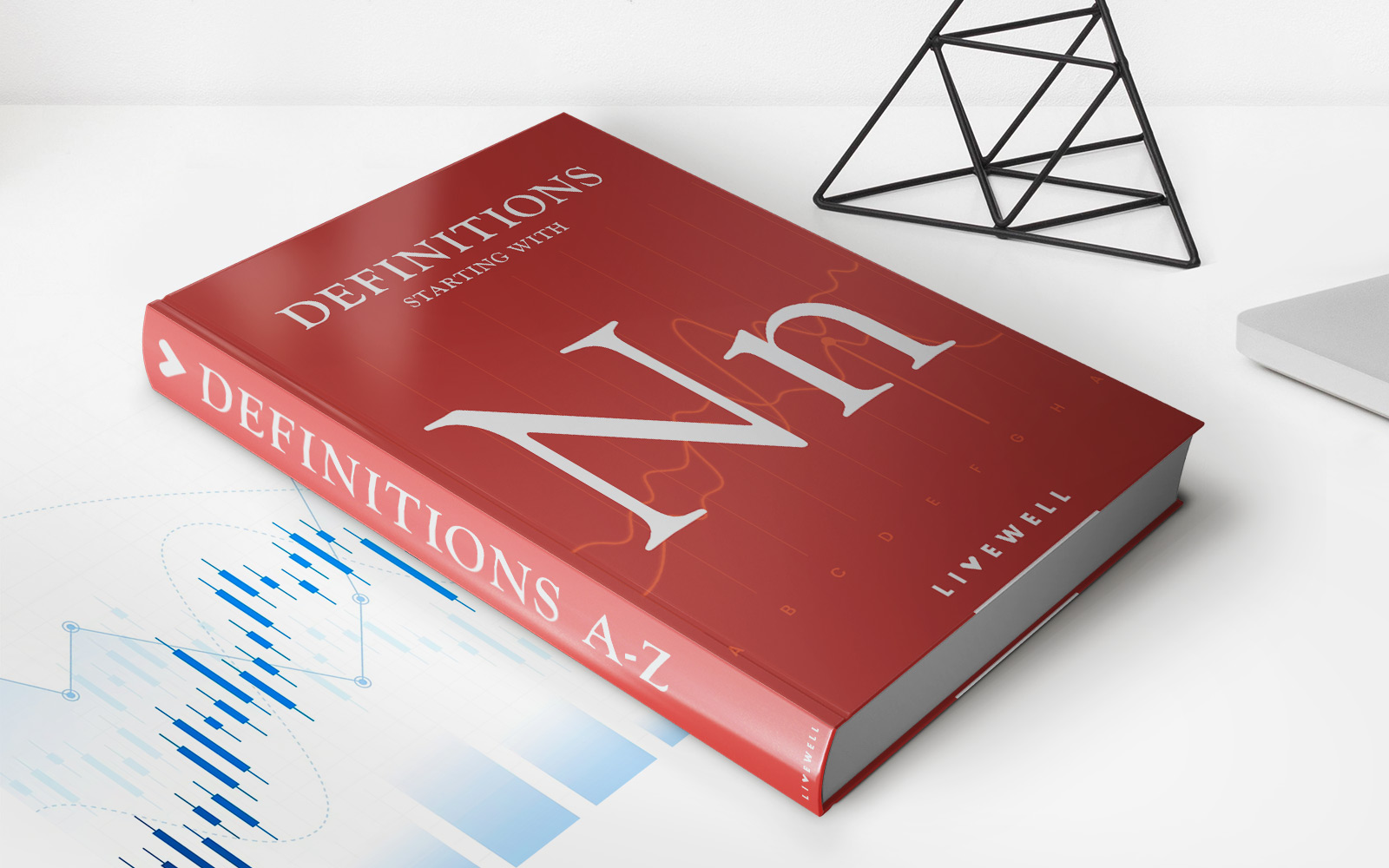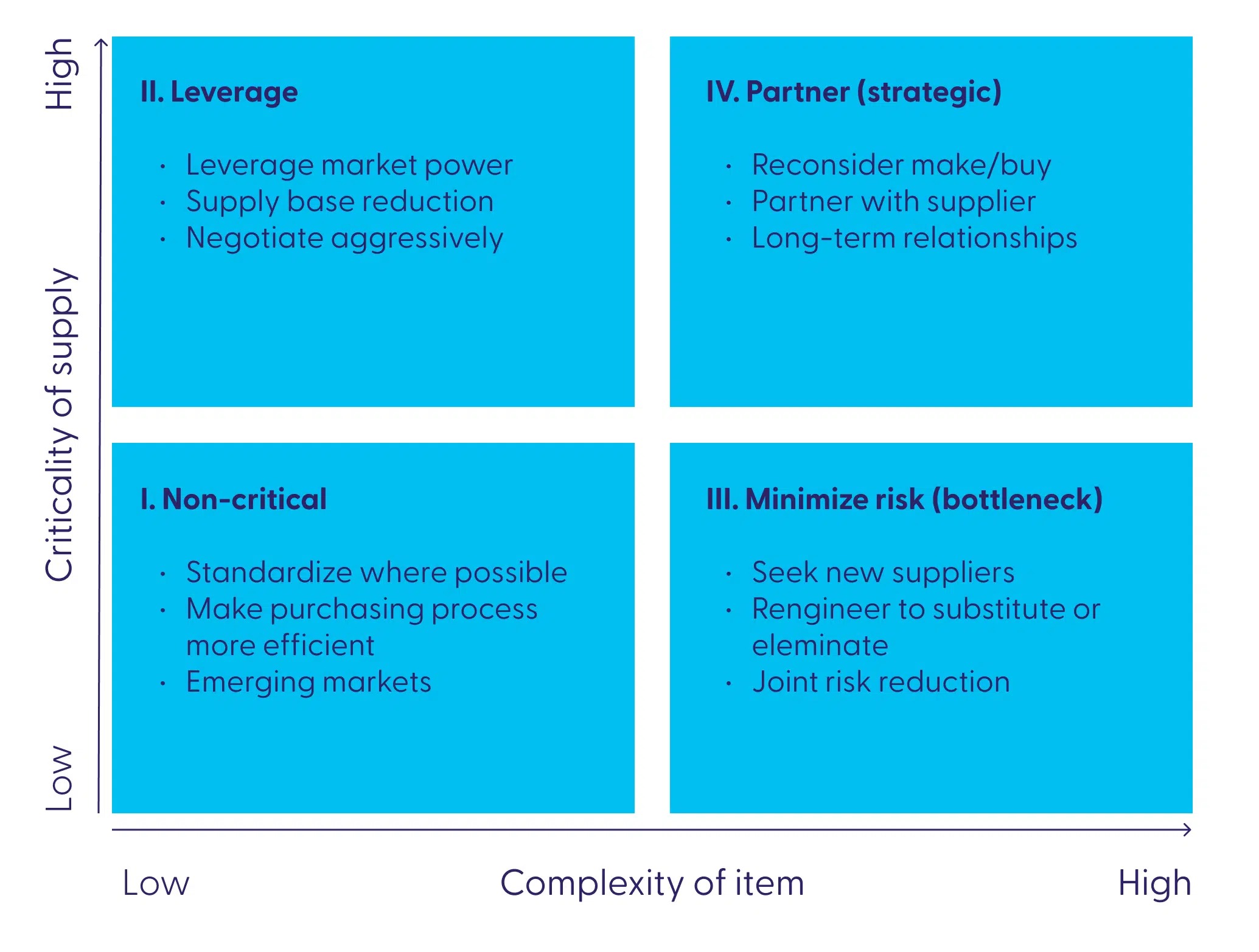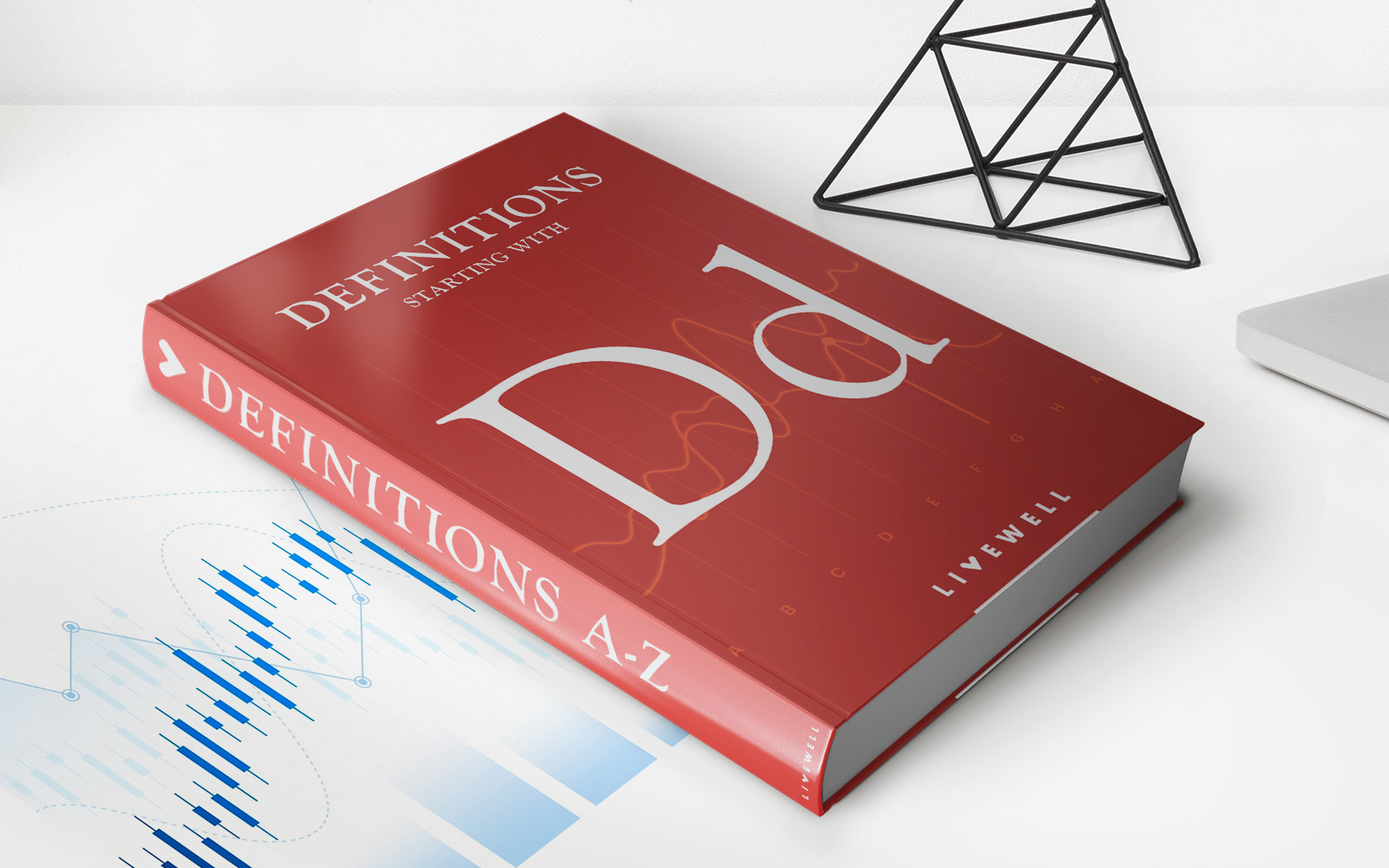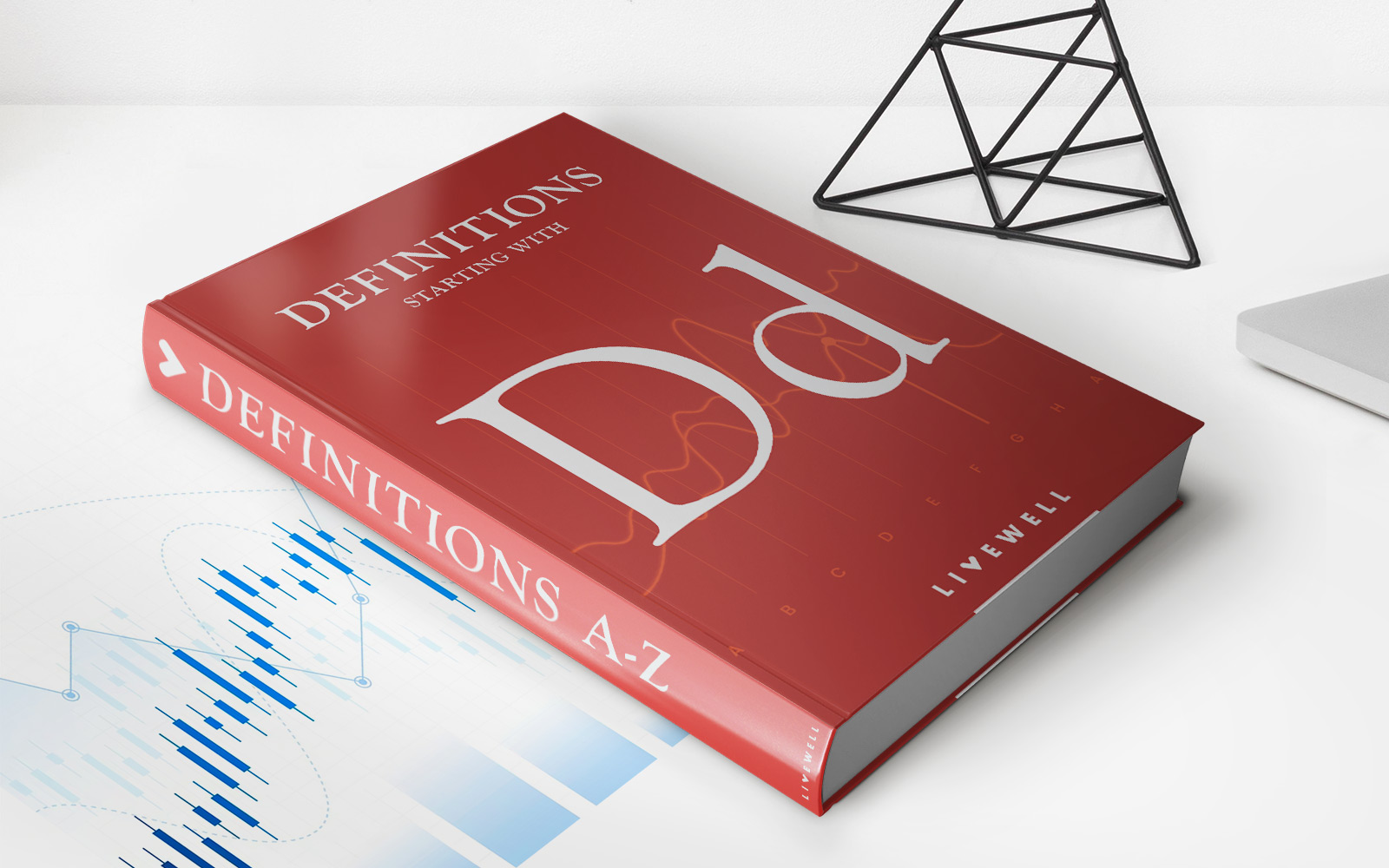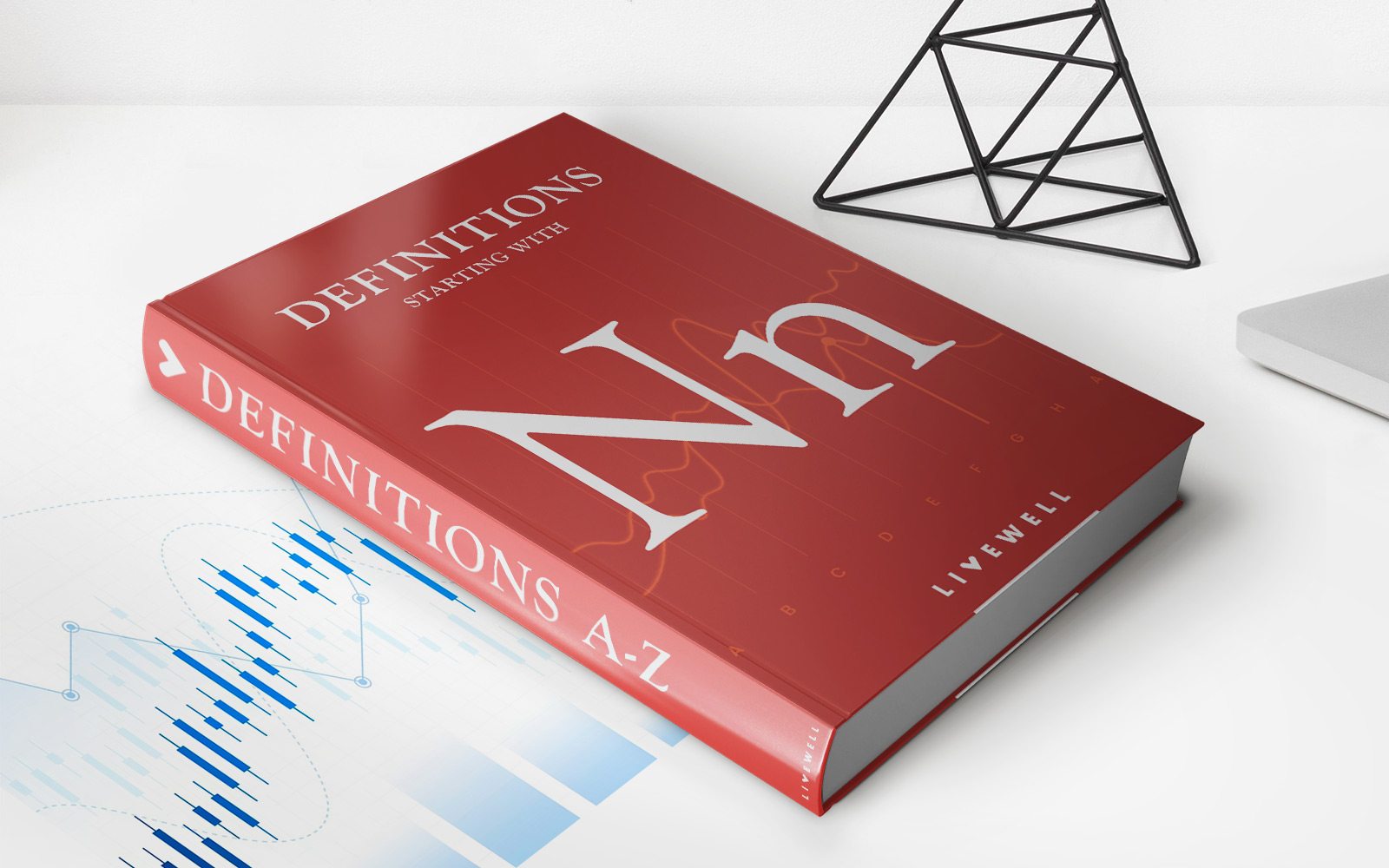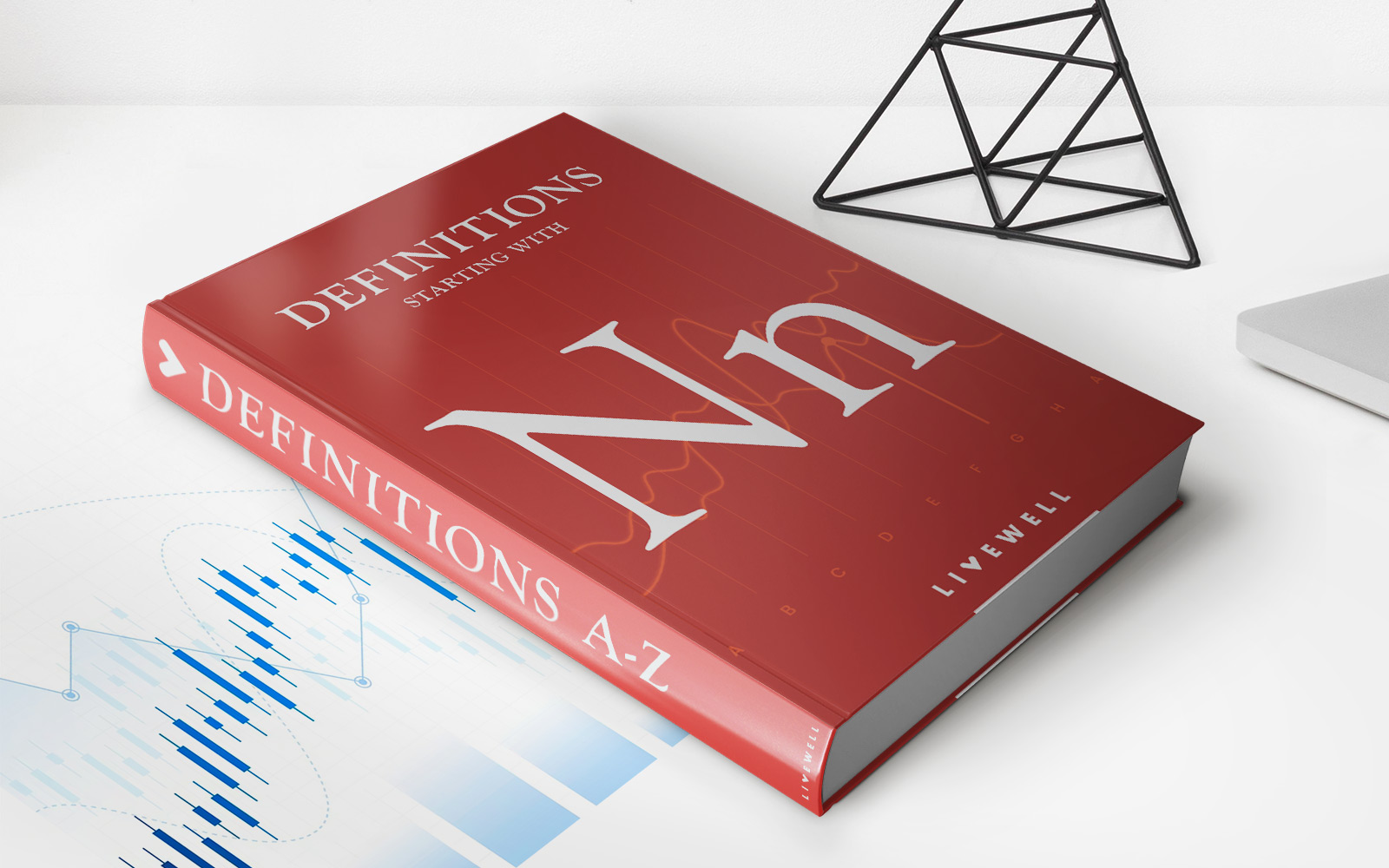

Finance
Net Leverage (Insurance) Definition
Published: December 30, 2023
Learn the definition of net leverage in insurance and its significance in the world of finance. Understand how it affects financial stability and risk management.
(Many of the links in this article redirect to a specific reviewed product. Your purchase of these products through affiliate links helps to generate commission for LiveWell, at no extra cost. Learn more)
Understanding Net Leverage in Insurance: Definition and Importance
Welcome to our informative finance blog post! Today, we’re diving into the world of insurance and discussing a concept called net leverage. If you’ve ever wondered what net leverage is and why it’s important in the insurance industry, you’ve come to the right place. Read on to learn all about net leverage and how it can impact your insurance coverage.
Key Takeaways:
- Net leverage is a financial metric used in the insurance industry to measure a company’s financial strength and stability.
- It calculates the ratio of an insurance company’s total assets to its policyholder surplus.
Now, let’s get into the details. The term “net leverage” refers to a specific financial ratio that helps insurance companies evaluate their financial health and overall capacity to honor claims. This ratio is calculated by dividing the company’s total assets by its policyholder surplus. In simpler terms, it indicates how much financial risk the company is exposed to relative to the funds available to cover those risks.
Insurance companies use net leverage as a measure of their financial stability. A lower net leverage ratio suggests that a company has a stronger financial position and is better equipped to handle unexpected claims or market fluctuations. On the other hand, a higher net leverage ratio may indicate a higher level of financial risk and potential vulnerability in fulfilling insurance obligations.
Why is Net Leverage Important?
The importance of net leverage in the insurance industry cannot be understated. Insurance companies exist to provide financial protection against unforeseen events, and it is crucial that they have the financial resources to do so effectively. Here are some key reasons why net leverage is important:
- Financial Stability: Net leverage helps insurance companies assess their own financial strength and stability. By knowing their net leverage ratio, companies can gauge their capacity to pay claims promptly and efficiently.
- Policyholder Protection: Insurance companies have a fiduciary duty to their policyholders. By maintaining a healthy net leverage ratio, insurers can ensure that they have sufficient resources to meet their obligations and provide the promised coverage.
- Regulatory Compliance: Regulatory bodies monitor the financial health and stability of insurance companies to protect consumers. Net leverage is a key metric that regulators use to assess an insurer’s financial standing and ensure compliance with industry standards.
- Investor Confidence: Insurance companies often rely on investor support to fund their operations. A lower net leverage ratio can attract more investors, as it signifies greater financial stability and potential for profit.
In conclusion, net leverage is an important financial metric used in the insurance industry to measure a company’s financial strength, stability, and capacity to fulfill policyholder obligations. By understanding net leverage, insurance companies can make informed decisions to protect their policyholders and maintain a strong financial position. As consumers, it’s essential to consider an insurance company’s net leverage ratio when choosing a provider, as it can provide valuable insights into their ability to protect your interests.
